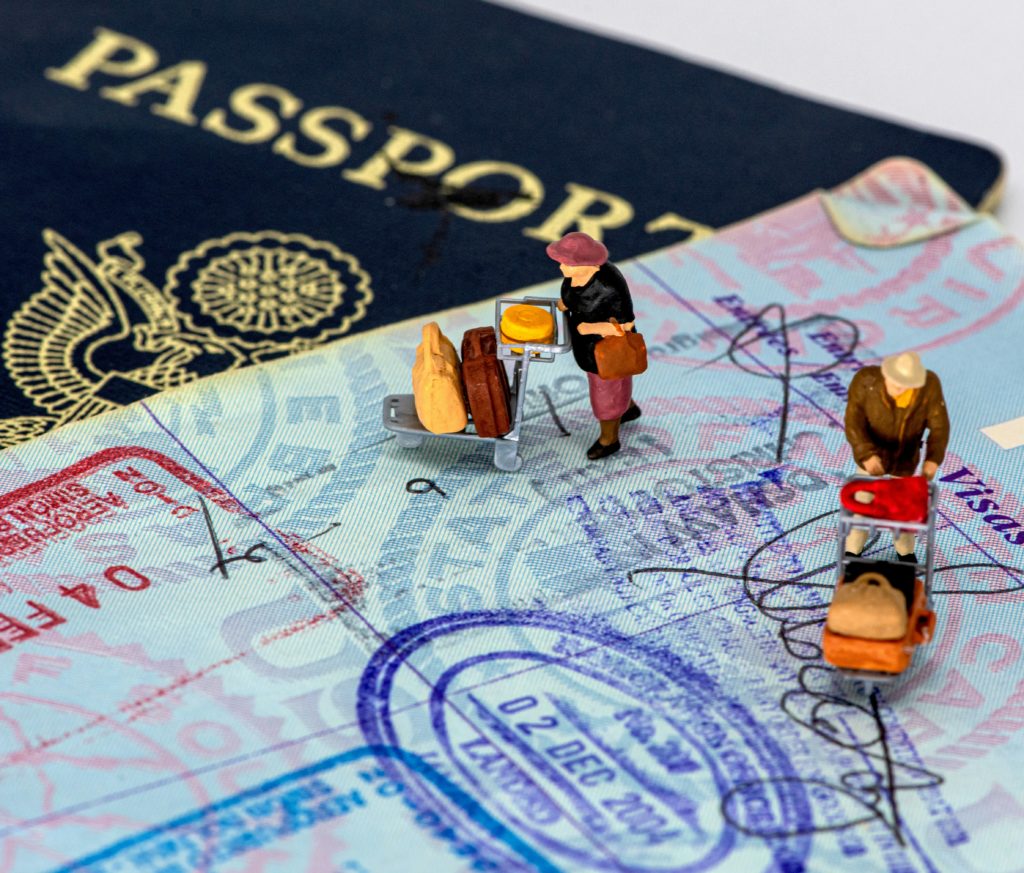Vietnam visa applications are sometimes declined for various reasons.

The most common reasons Vietnamese Visas are denied
Some of the most prevalent causes of visa rejection are as follows:
Incomplete or inaccurate documentation
An application may be rejected if the applicant either does not submit all required documents or submits erroneous information. Make sure you have all the required paperwork and follow the guidelines supplied by the Vietnamese embassy or consulate to the letter.
Insufficient financial proof
Applicants may be denied entry to Vietnam if they are unable to provide proof that they have sufficient cash to cover their stay in the country. The application could be denied if the supporting financial documents are deemed insufficient or untrustworthy.
Criminal record or security concerns
Rejection of an entry papers application is possible if the applicant has a criminal background or constitutes a security risk. Entry papers denials are possible if the Vietnamese government decides to perform background investigations.
Lack of travel insurance
Applicants may be denied entry to Vietnam if they do not provide proof of adequate travel insurance for their whole stay. An application could be denied if the applicant cannot produce evidence of sufficient travel insurance.
Previous violations
If the applicant has been previously found in breach of visa requirements or has overstayed their visa in Vietnam, their fresh visa application may be refused. Future approvals depend on a history of consistent entry paper compliance.
A lack of a sufficient reason for the visit
This is very important. The application may be denied if the claimed reason for travel is ambiguous, suspicious, or inconsistent with the type of visa requested.
Inability to provide evidence of substantial ties to the home nation
Applicants must show that they have family, work, property, or other compelling reasons to return to their home country following their visit to Vietnam. Insufficient evidence of commitment to one’s home country may indicate an applicant’s plan to overstay or engage in unlawful employment in Vietnam.
Poor travel history
A poor travel history, including previous denials or violations of visa requirements in other countries, can hurt an applicant’s chances of being granted Vietnam entry papers.
Note that procedures and requirements are subject to change, so it’s best to check the Vietnamese embassy’s or consulate’s website often for the most up-to-date information and recommendations.
What you need to know
If you are eligible for a Vietnam visa and take the proper steps, getting one can be relatively easy. Different nationalities, visa types, and individual situations can affect how simple or difficult it is to obtain a Vietnam visa. Several things should be kept in mind:
Visa exemption
There is a waiver program that allows citizens of specified countries to enter Vietnam visa-free for a certain time. It’s important to verify if your nationality is qualified for visa exemption because the period of visa-free stays and the qualifying countries may differ.
Visa on Arrival
Many nationalities are eligible to receive an entry paper upon arrival in Vietnam. Visas can be obtained upon arrival at certain airports in Vietnam by showing the acceptance letter received after applying for the visa online. Getting it upon arrival might be a simple and speedy option.
E-visa
Alternatively, tourists from specified countries can apply electronically (through E-visa) in advance of their journey. If everything goes smoothly, you’ll get an electronic entry paper that you can print out and present at the airport when you arrive in Vietnam.
Consular visa application
If you do not meet the requirements for a waiver, on Arrival, or Electronic Visa, you will need to apply for it at the Vietnamese consulate or embassy nearest you. Consult the embassy’s or consulate’s website for the most up-to-date and accurate information on their specific requirements and processes. Although applying for an entry paper is not very difficult in and of itself, it is essential that applicants review all visa criteria, provide all required documents, and offer accurate information. To have a seamless application experience, it is crucial to follow the directions supplied by the Vietnamese embassy or consulate and to leave sufficient time for processing.
You may also like these articles
